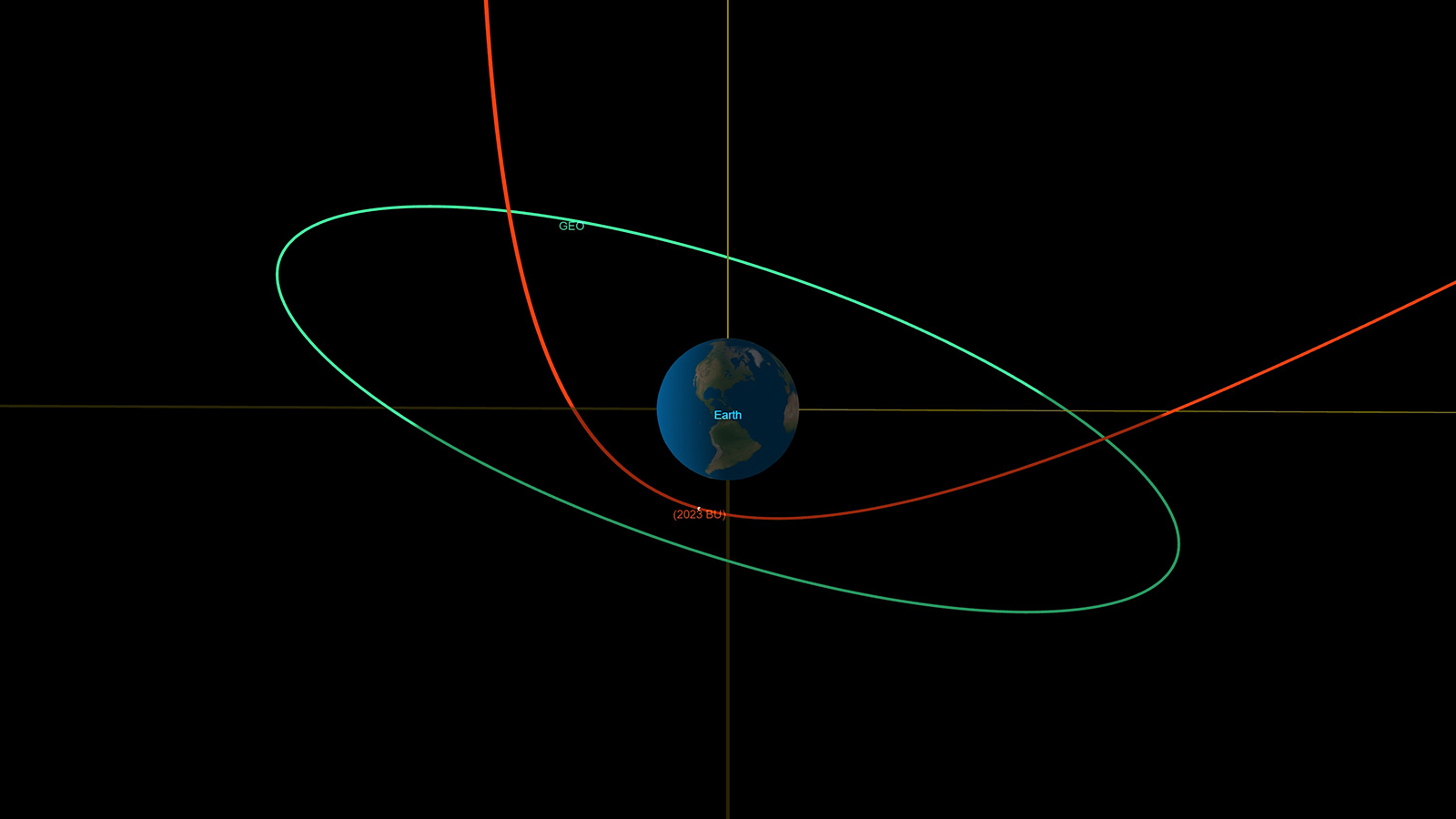Stay Up to Date
Submit your email address to receive the latest industry and Aerospace America news.
Ten years ago, news broke that an asteroid packing 180 times the explosive power of the Hiroshima bomb would pass startling close to Earth, inside the geosynchronous satellite ring, in fact. On the day that Asteroid 2012 DA14 flew by us, the internet and cable TV lit up with accounts of an explosion and streaks of light over the city of Chelyabinsk, Russia, followed by reports of a powerful shockwave that ended up injuring 1,600 people, mostly with broken glass.
Non-experts like myself initially assumed that the Chelyabinsk meteor was related to 2012 DA14. NASA right away dispelled this idea: The Chelyabinsk debris traveled north to south, and DA14’s trajectory was in the opposite direction. It was all a coincidence.
Our cover story about comets brought this memory to the fore. I don’t know what the odds were that a dangerous strike and an entirely separate brush with devastation would occur on the same day, but they must have been infinitesimal. And yet it happened.
Rare occurrences like this spring to mind whenever I hear someone say that a comet impact with Earth is an extremely remote possibility, and this is why so much more emphasis is placed on being ready to defend against a wayward asteroid. I also wonder whether the people on Jupiter (lol) dismissed comets only to have Comet Shoemaker Levy-9 break up and slam into them. Or whether the person who won the $1.35 billion lottery in Maine last month really thought there was a chance. Or about the time I was on a Metro train in Washington, D.C., with a new colleague, and we discovered that we grew up in the same New England town, a few houses away but 15 years apart, and he was friends with my future high school coaches, and what an amazing coincidence it all was. And then a young woman in the seat ahead turned and asked if we were talking about Nashoba Regional High School, and our collective minds were blown.
You see my point. Unlikely things happen. I’m glad that, as our cover story describes, some experts in planetary defense are thinking about reasonable things that could be done to be ready in the event a new light appears in the night sky — and it will not pass by us like Comet Hale-Bopp did in 1997.
About Ben Iannotta
As editor-in-chief from 2013 to March 2025, Ben kept the magazine and its news coverage on the cutting edge of journalism. He began working for the magazine in the 1990s as a freelance contributor. He was editor of C4ISR Journal and has written for Air & Space Smithsonian, New Scientist, Popular Mechanics, Reuters and Space News.
Stay Up to Date
Submit your email address to receive the latest industry and Aerospace America news.




